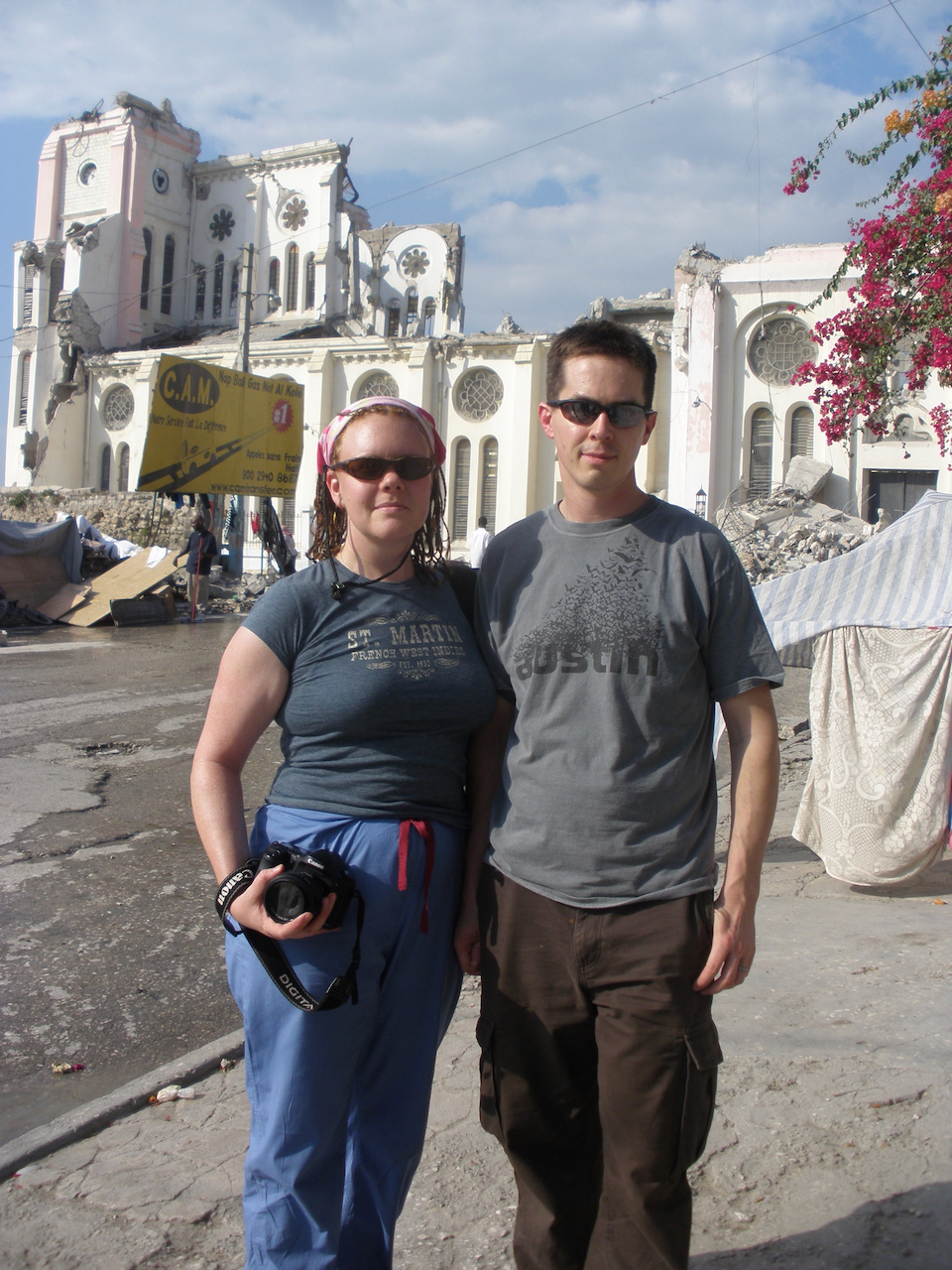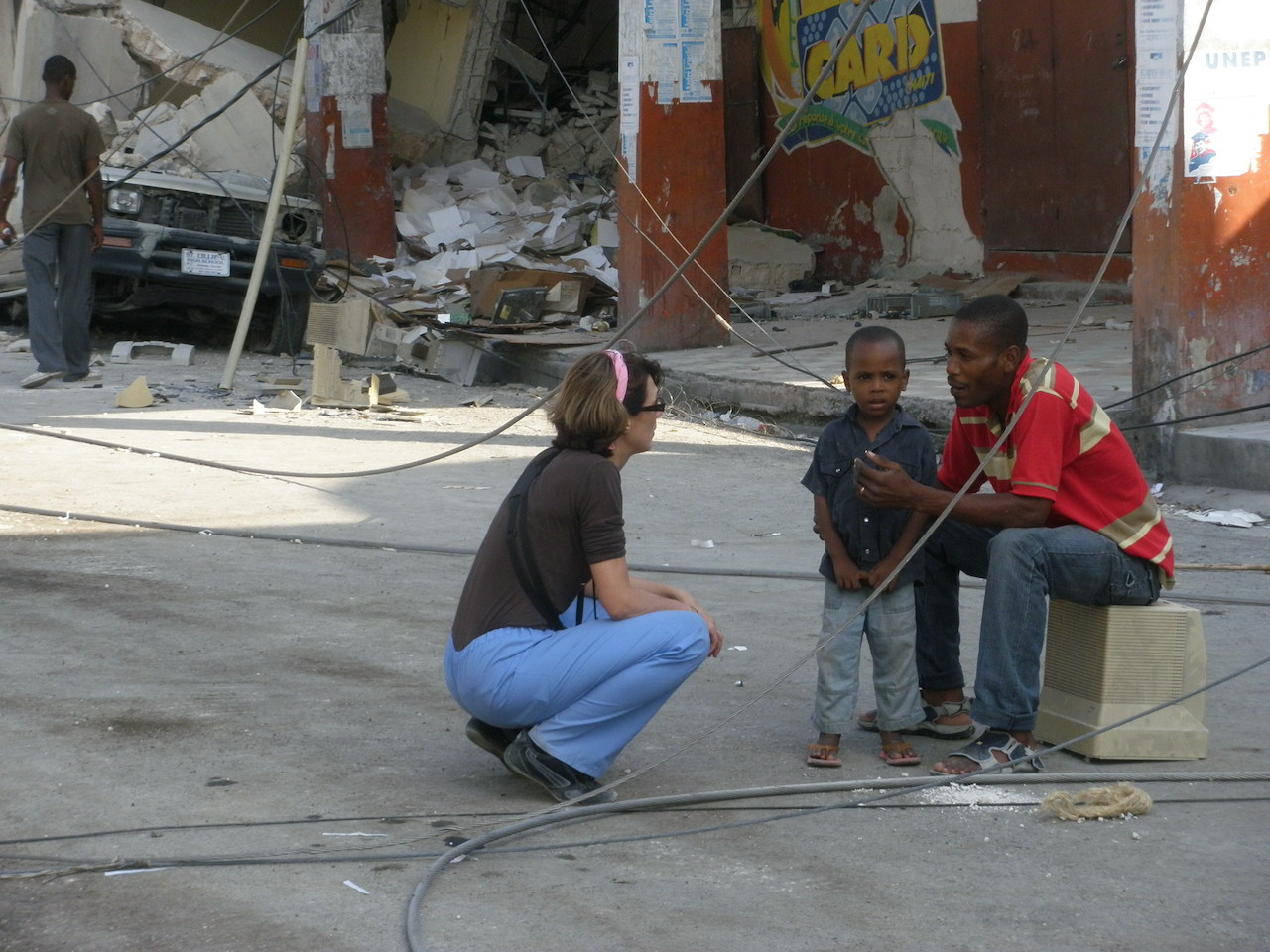Dark have been my dreams of late
So, I just did one of those things that makes me question my career choices – I booked next week’s travel from the hotel room of this week’s travel. That’s just f’ed up for a non-sales, non-corporate kinda guy. I did so, not just for me, but for a colleague who will be traveling with me. Yeah, I’m that person who says “we have tickets to the customer site next Wed. Meet me at the airport.” Also, I provided manager level support to some of the the people I’ve – what – HIRED in my current role.
What the hell is going on?
The gig this week is stressful – I seem to be in a role where people look at me, I bang my fist on the table and say “That’s stupid! We could replace the whole system for that much money!” Then other people find a better solution and I get paid. Sometimes I say “that won’t work.” I’m almost always right, because they stop trying their dumbass hack at that point and do something else. is one of the only people to have ever stood up to me in one of those moods – and his idea (the idea that lived!) is carrying the whole company these days. F-ed up, I tell you. They seem to think that I can work miracles just by hanging around for the next 8 weeks. Perhaps I can. Maybe the miracles would have happened anyway. Who knows? That’s the big question. I feel like a catalyst. Does the catalyst know that it’s essential? Does the catalyst have these doubts?
Tomorrow, I deliver “training.” God help them. I’m in a mood – and 7 hours of sleep won’t change a damn thing.
Anyone who thinks that I know what I’m doing here is sadly mistaken. If anything, I’m just going as fast and as hard as I can, and hoping that I can sort of glide over the pot holes through velocity alone. Velocity and RAAAAAAAAAAGE.
_earthshine_ posted most eloquently yesterday, and all I can say is “yes, that.”
Exchanged some text messages with my sister justkidding_nr:
The animal must bathe and feed itself prior to reporting for labor
She replied:
The animal's feet hurt from standing. Boss animal talking. Prob. important. Animal must stay awake until naptime. F-ing february
To which I said (much later):
The animal drinks alcohol to stop the thinking. Brain meats hurting. Too much thinking.

